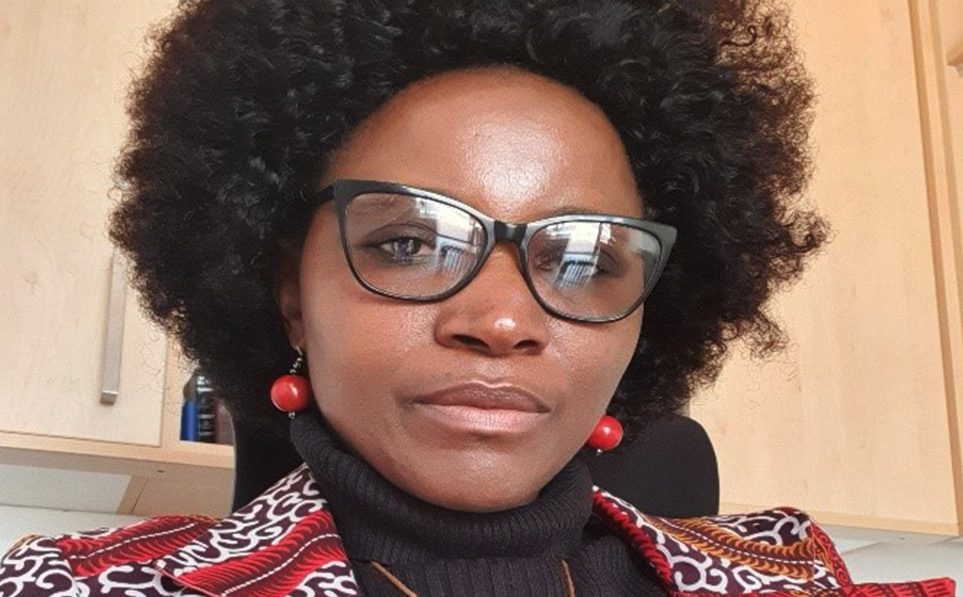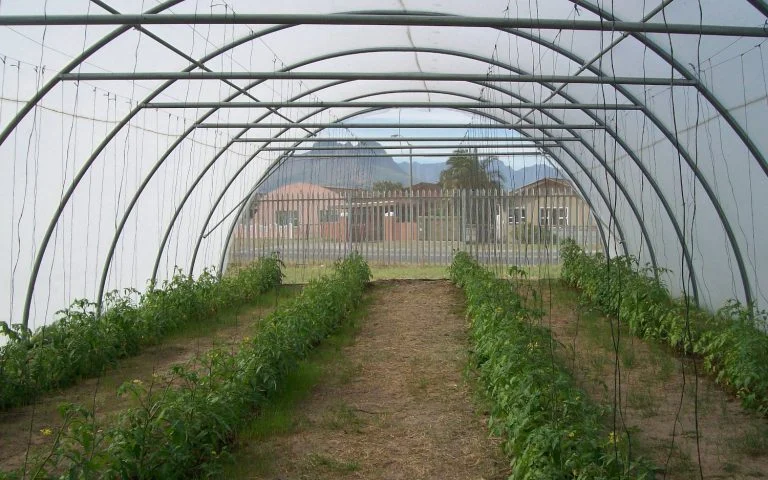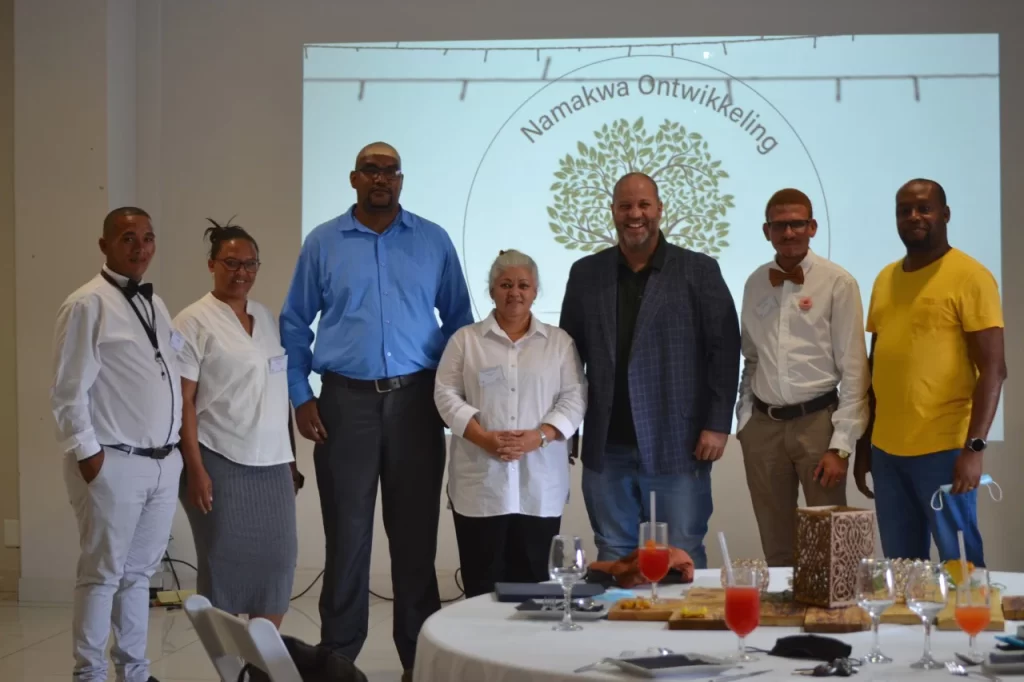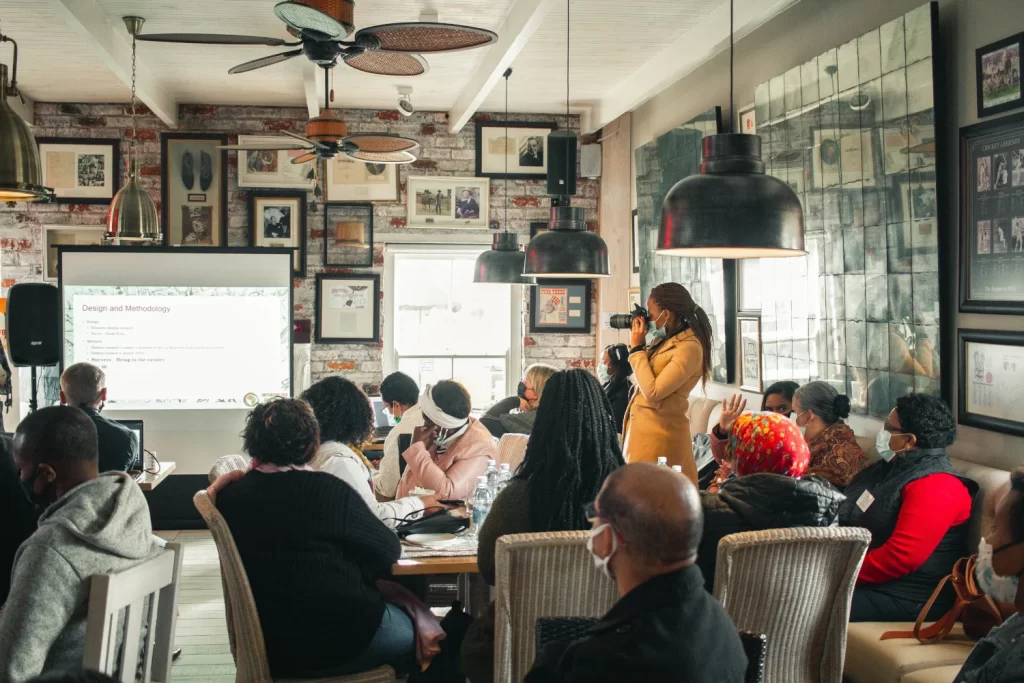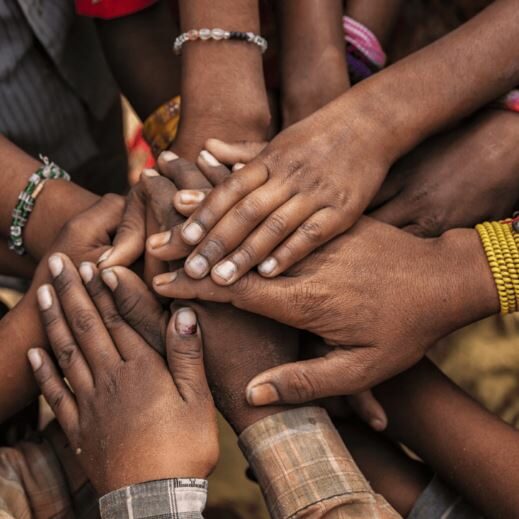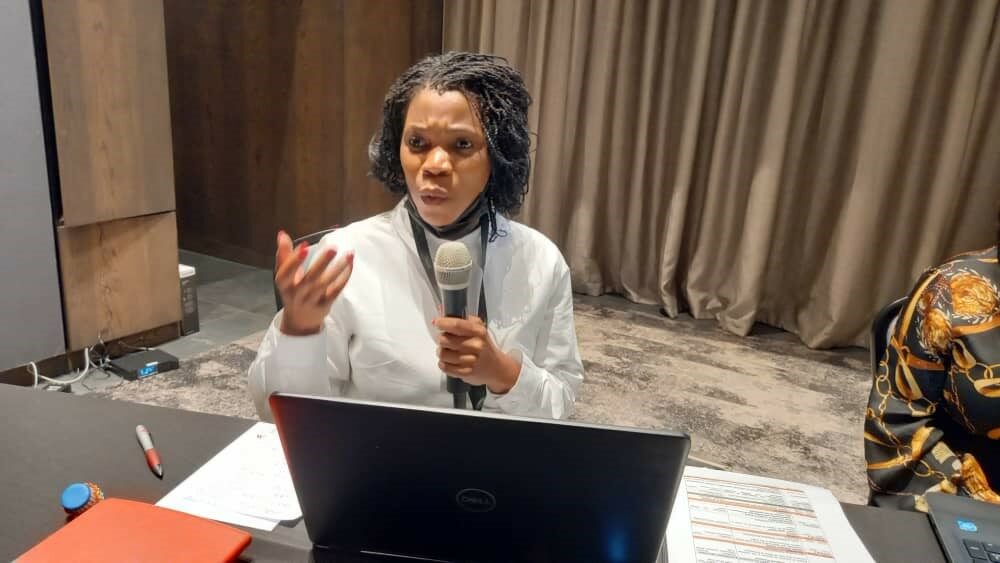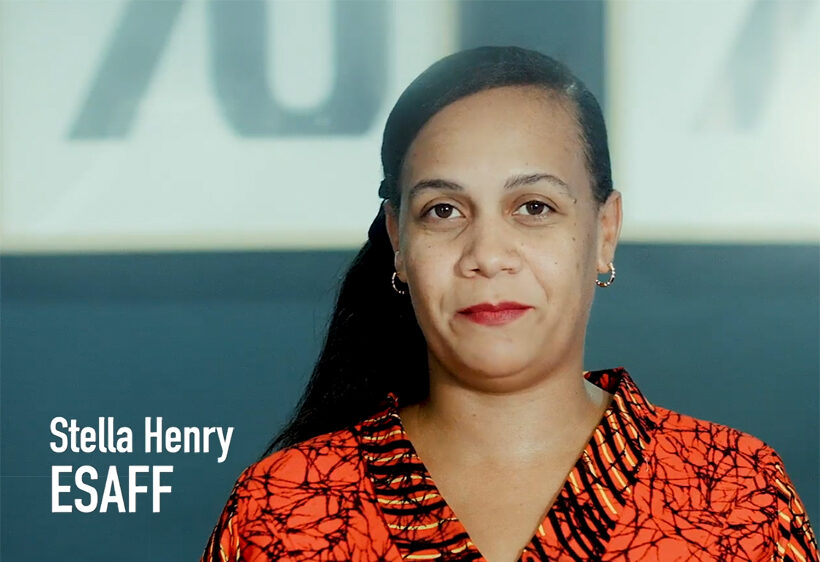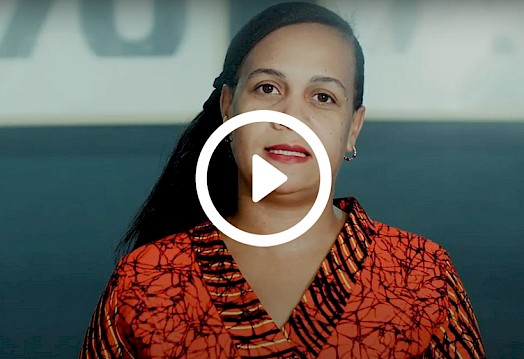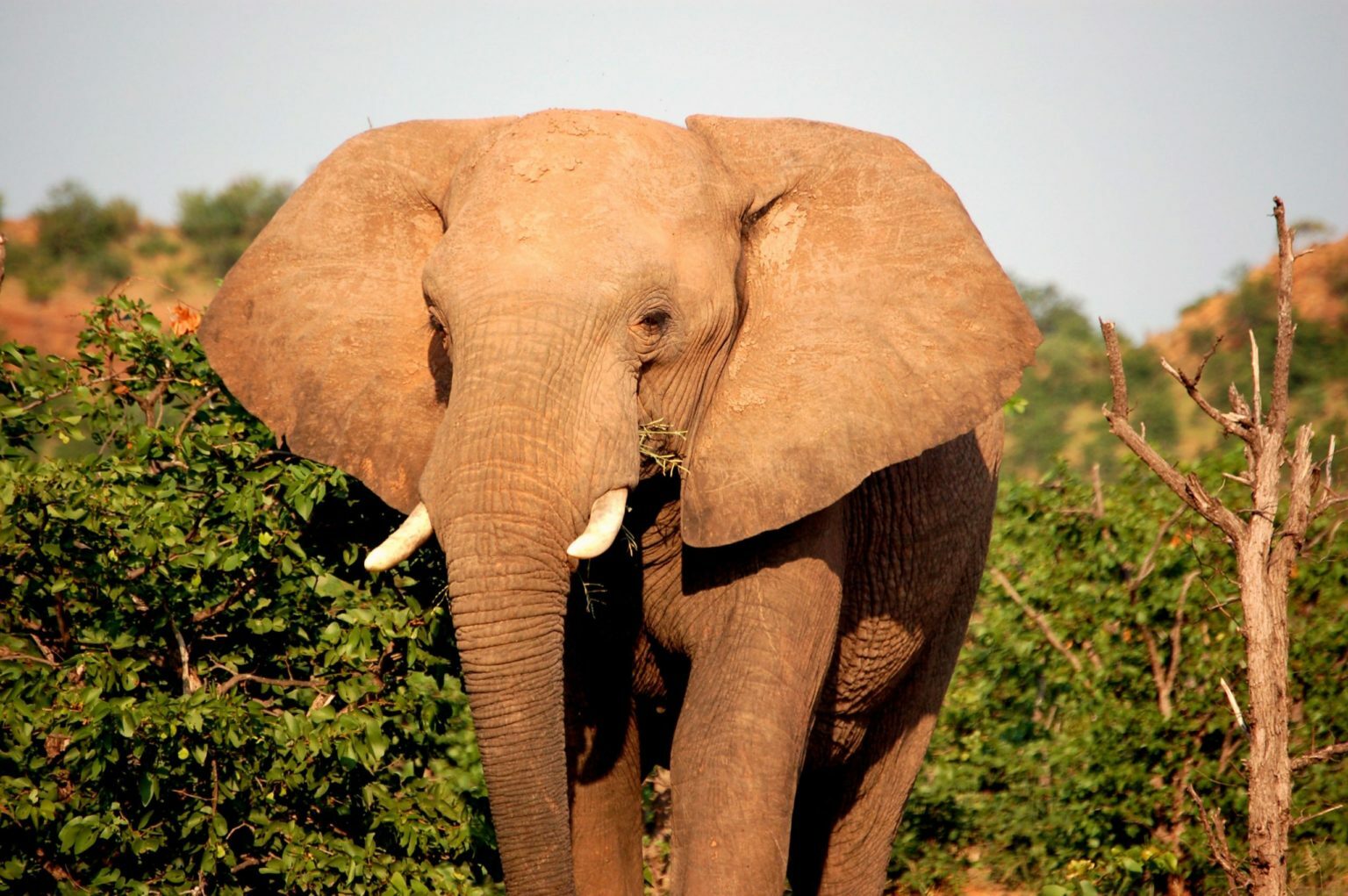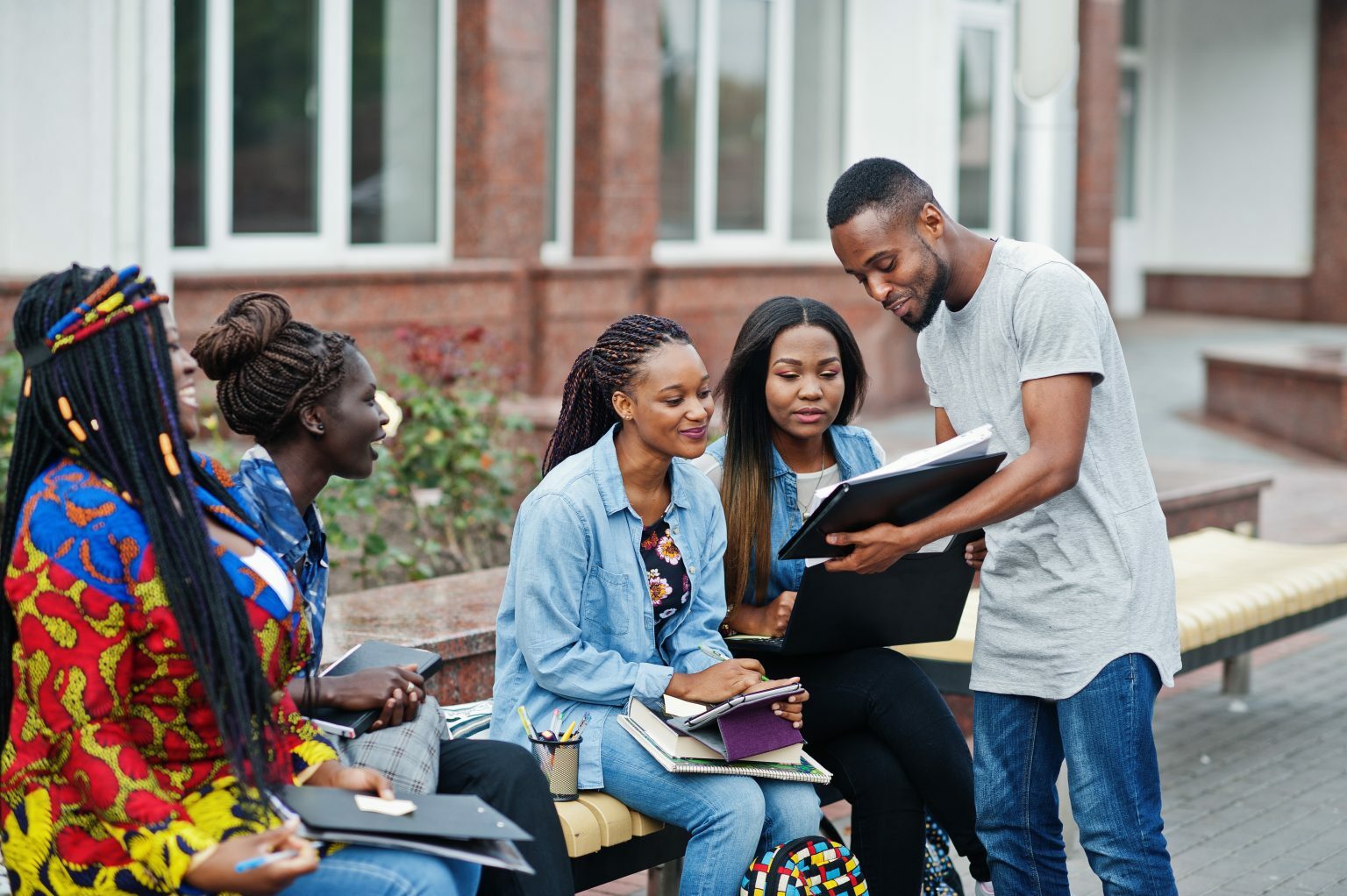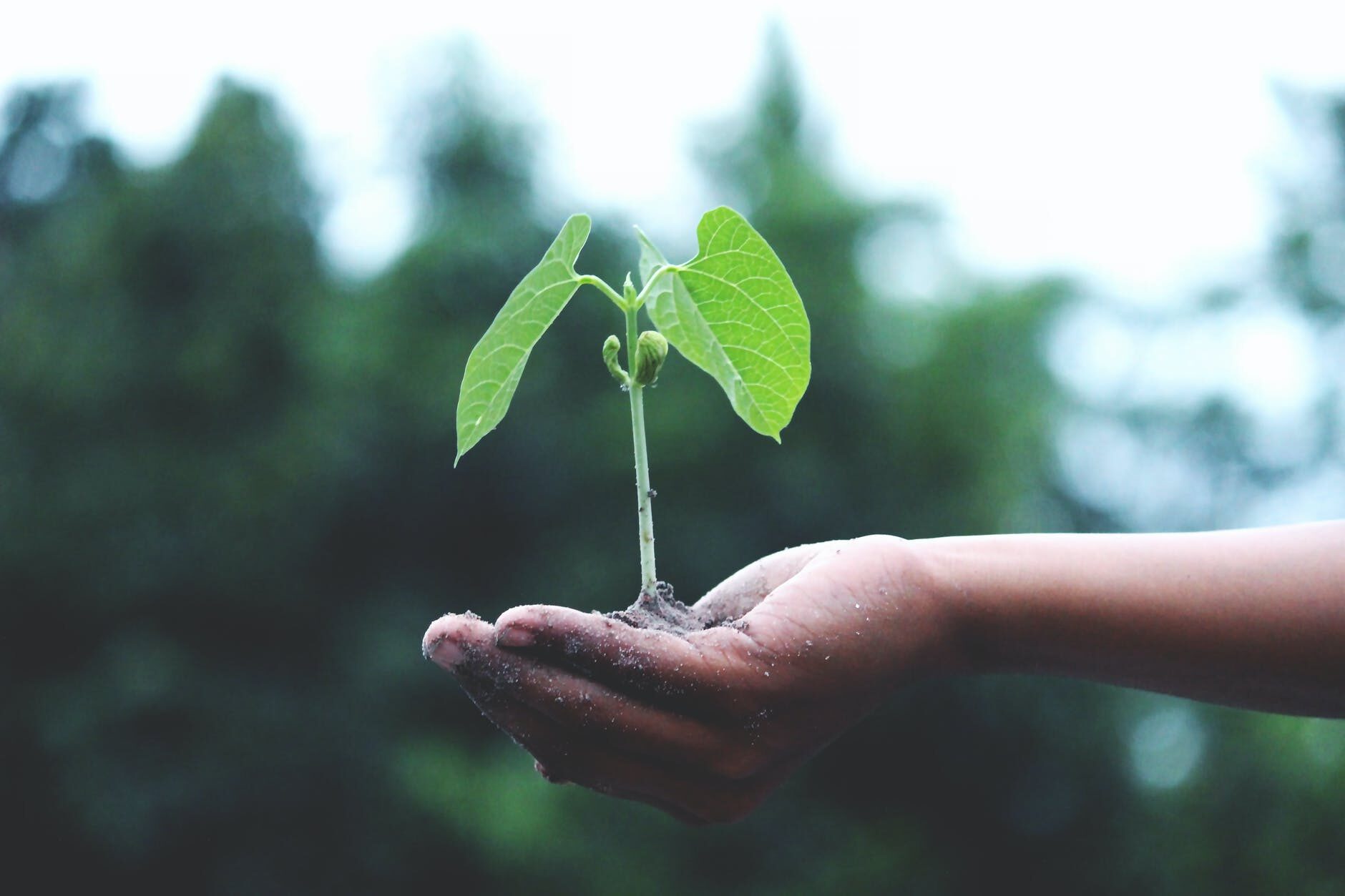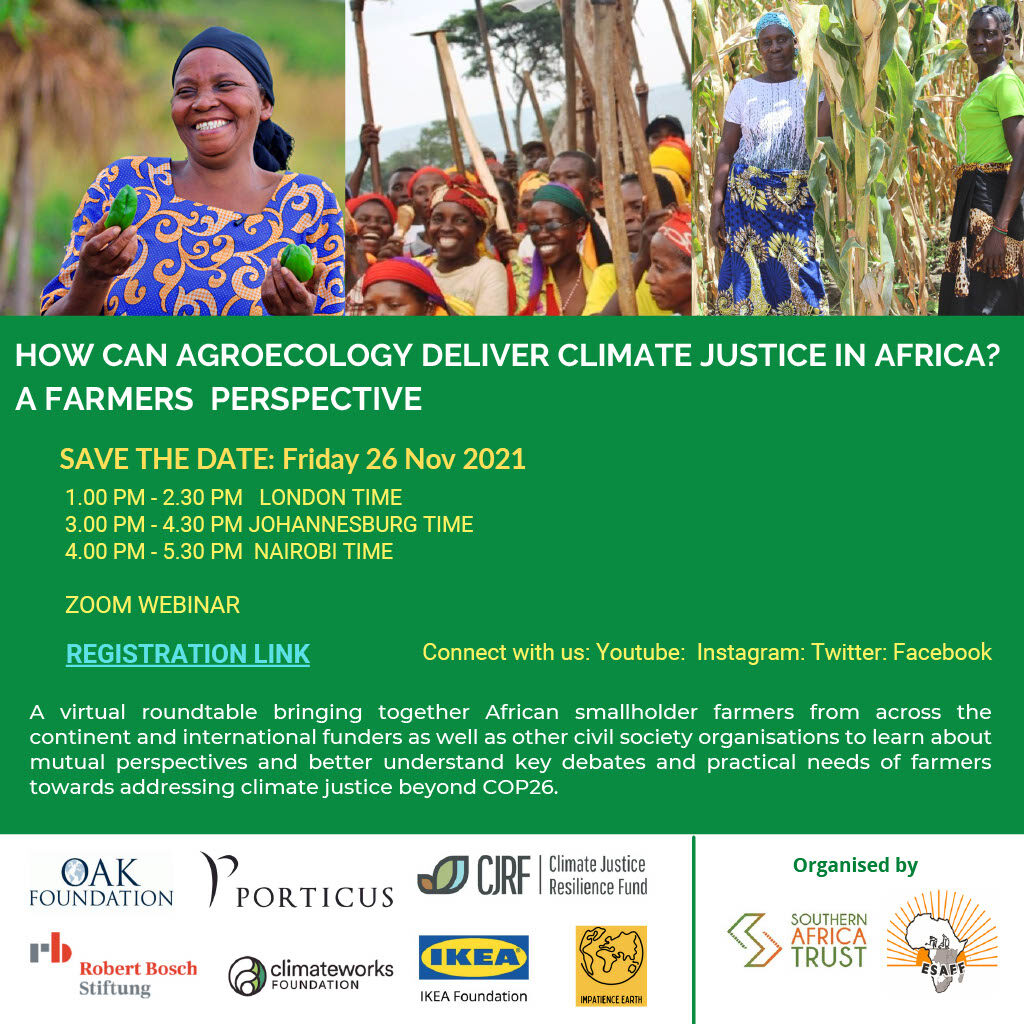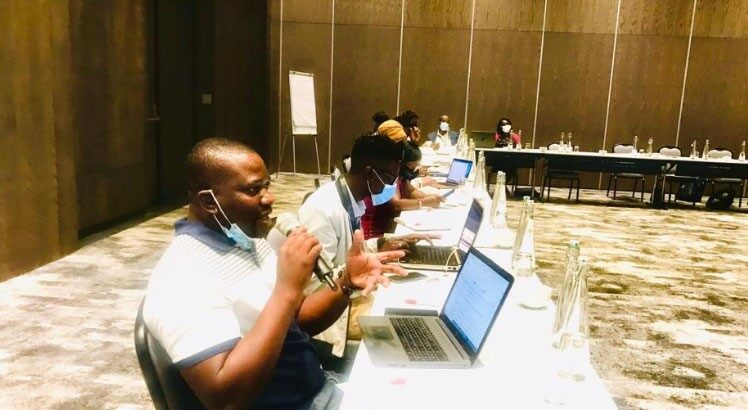The Southern Africa Trust is a regional organisation that supports citizen engagement by generating relevant knowledge to inform policy discussions. It facilitates partnerships between policymakers, civil society and private sector groups for joint action to advance the pro-poor development agenda.
It also mobilises and builds agency among the poor, marginalised and vulnerable groups for their voices to be heard in policy dialogue and the ability to hold governments to account. The Southern Africa Trust programme covers the following areas: climate change and natural resource management, gender justice, youth, economic recovery and Covid-19.
With support from Charles Stewart Mott Foundation, SA Trust is working with community foundations in Southern Africa. These are grantmaking public charities that are dedicated to improving the lives of people in defined local geographical areas. With a spike in poverty levels, unemployment, and loss of income due to the Covid-19 pandemic, the role of community foundation has gained more significance in identifying and solving community problems.
In South Africa, SA Trust is working with Community Development Foundation Western Cape (CDF-WC), Initiative for Community Advancement (ICA), Cederberg Social Development Foundation (CSDF), Namkawa Ontwikkeling (NAMKO) and Uthungulu Community Foundation (UCF).
CDF manages to keep their doors open
The Community Development Foundation (CDF) Western Cape is looking forward to a sustainable future after forging a partnership with the Southern Africa Trust.
Executive Director of CDF Western Cape Freda Philander said the foundation, which has the vision “to ensure that ordinary people living in the Western Cape are provided the opportunity to identify their potential, set appropriate goals and achieve extraordinary dreams”, managed to keep its doors open amid the donor funding crisis that came with the Covid-19 lockdowns in 2020. A grant from SA Trust came in the nick of time, as international donors were withdrawing funds from community development organisation at the height of the pandemic.
“In South Africa a lockdown was announced in March 2020, and that is when all the donor support was either cancelled, or they exited. Fundraising initiatives were also either aborted or postponed due to lockdown, so there was a possibility that CDF would close in September 2020. SA Trust came in as a partner and gave us a much-needed grant of R300 000, which was made in two tranches. SA Trust helped us with institutional strengthening and put us back on track,” said Philander.
CDF Western Cape works with 13 other local community-based organisations (CBOs) in Delft, Hanover Park, Heideveld, Mitchells Plain, Khayelitsha, Seawinds and Atlantis, which in turn reaped positive spinoffs from SA Trust’s grant.
By keeping its doors open, CDF was able to provide grants to local community partners, which went towards feeding schemes in the communities during the Covid-19 pandemic. This opened avenues to the local CBOs to raise funds and forge partnerships for sustainability with other donors.
“In Delft, Masithembele Enrichment Centre joined Food Forward, which provides them with monthly food contributions that reach 80 families. They continue to feed about 4 000 children and adults per month from contributions received through local community giving,” Philander said.
“The Alcardo Andrews Foundation in Hanover Park forged further partnerships and managed to feed 8 900 people in the morning and 1 151 in the evening with warm meals. Due to the Covid-19 relief grant made by CDF Western Cape, the Children Resource Centre was able to attract the attention of some donors that gave them more funding, which allowed them to feed 60 children in 11 areas in the Western Cape for three days per week,” she said.
The charitable foundation’s aim is to continue to support communities while taking care not to strip them of their agency. “It’s about demonstrating the strength and power of, by and for the community. It was and still is the trust relationships built over many years, which continue carrying the foundation through crises,” she said.
Philander added that CDF envisaged an ongoing partnership and collaboration with SA Trust, in the form of “focused and meaningful dialogues on social justice and the alleviation of poverty, horizontal philanthropy, peer training and support”.
Namakwa community fell into hard times
Southern Africa Trust has helped several non-profit organisations (NPOs) in the Northern and Western Cape to navigate the unprecedented difficulties that came with Covid-19, with positive spinoffs for dozens of local communities.
SA Trust has assisted local NPOs involved in community development with capacity building in addition to financial support. Namakwa Ontwikkeling (NAMKO) — a community outreach foundation in Okiep — was on the verge of closing down after 28 years of supporting local communities.








